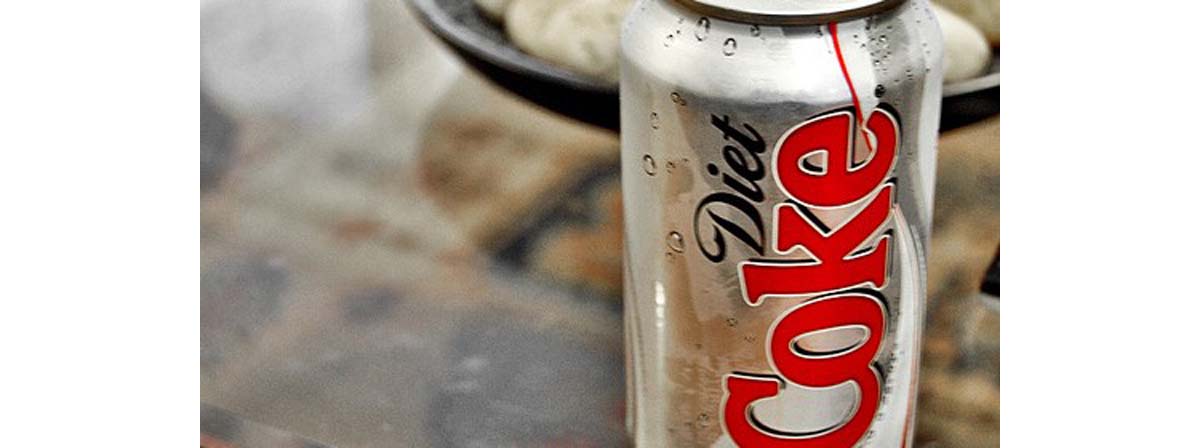Table of Contents
We often hear that eating too many sweets or drinking too many sugar-sweetened soft drinks causes type 2 diabetes. However, that's not what research scientists find when they follow large numbers of people for 5 to 30 years.

The European E3N Study and the Health Professionals Follow Up Study found that people who are in the top 25% of diet soda consumers are twice as likely to develop metabolic syndrome, a condition marked by weight gain around the waistline, high cholesterol, high triglycerides, prediabetes and type 2 diabetes. The European Prospective Investigation into Cancer and Nutrition found that drinking just one sugar-free soft drink per day increased the risk of developing type 2 diabetes.
Surely the researchers have it wrong, you might think. Sugar-free soft drinks don't cause diabetes or weight gain. People who get diabetes or who gain weight are just more likely to drink them.
But that isn't what the data show. In not just 1 or 2 but in 9 different studies, when people who weren't overweight or diabetic at the beginning of the study drank sugar-free soft drinks, they were more likely to become overweight or diabetic by the end of the study. Why should this be?
Many natural health advocates claim that when a diet soda drinker tastes the sweetness in the Nutrasweet, Splenda, or saccharin in a soda, the pancreas releases insulin. In turn, insulin makes fat cells insensitive to an enzyme caused hormone-sensitive lipase. When insulin levels go up, fat cells lose their ability to break down fat from its storage form, glycogen, into the free fatty acids that can be released into the bloodstream and circulated to the muscles that will burn them. Diet soft drinks, they calim, turn off the body's ability to burn fat, so weight gain and diabetes naturally follow.
However, that is not what actually happens. Diet soft drinks don't change insulin secretion. In fact, soft drinks can't do anything to our diets that we don't let them do. The best evidence from science is that when people drink lots of diet drinks, they don't pay attention to the calorie-containing foods and beverages they consume. It's as if we assume that it's OK to eat whatever we want if we drink zero-calorie soda. And the overwhelming evidence is that isn't true.
You don't have to quit drinking zero-calorie soft drinks to lose weight, but it certainly helps. Neither sugar-sweetened nor artificially sweetened soft drinks have any nutritional value. If you just have to drink a fizzy beverage, then drink carbonated water (fizzy water) or mineral water. It doesn't have the taste of diet soda, but it has the feel, and you may find that your willpower comes back as you eat and drink only the foods and beverages your body can really use.
- Laska MN, Murray DM, Lytle LA, Harnack LJ. Longitudinal associations between key dietary behaviors and weight gain over time: transitions through the adolescent years. Obesity (Silver Spring). 2012 Jan. 20(1):118-25. doi: 10.1038/oby.2011.179. Epub 2011 Jun 23.
- Swithers SE. Artificial sweeteners produce the counterintuitive effect of inducing metabolic derangements. Trends Endocrinol Metab. 2013 Jul 3. doi:pii: S1043-2760(13)00087-8. 10.1016/j.tem.2013.05.005. [Epub ahead of print].
- Photo courtesy of Matt McCullough by Flickr : www.flickr.com/photos/mattmccullough/2236429280/
- Photo courtesy of Yeah Im Kenny by Flickr : www.flickr.com/photos/kennyvaughan/706412155/

